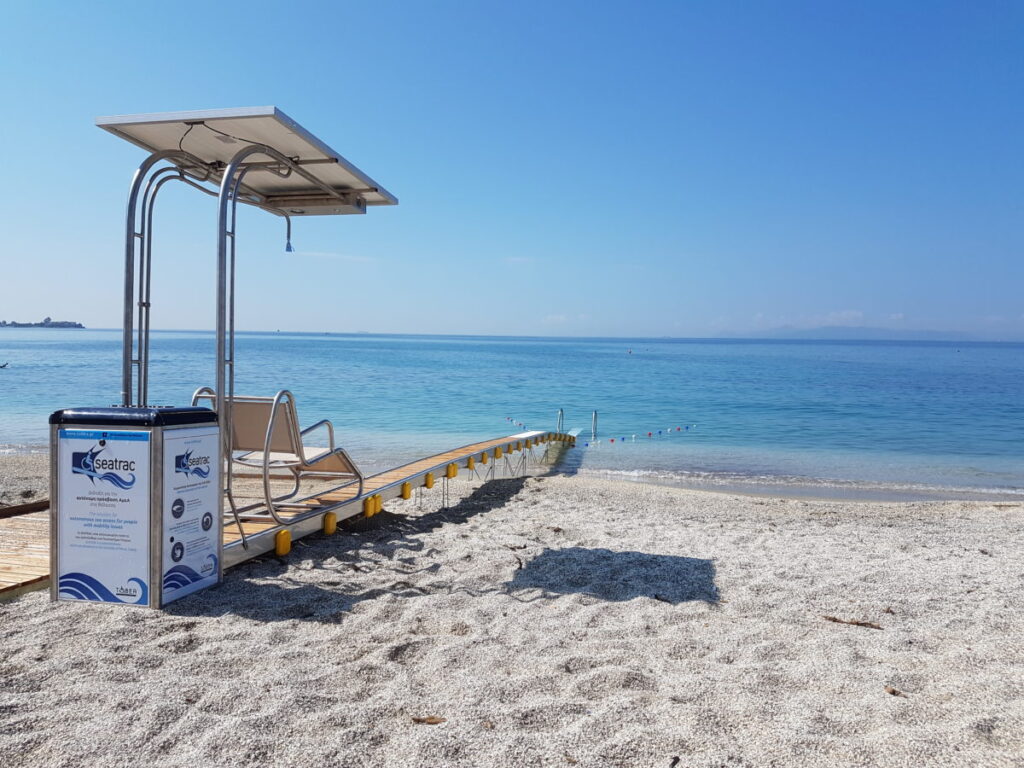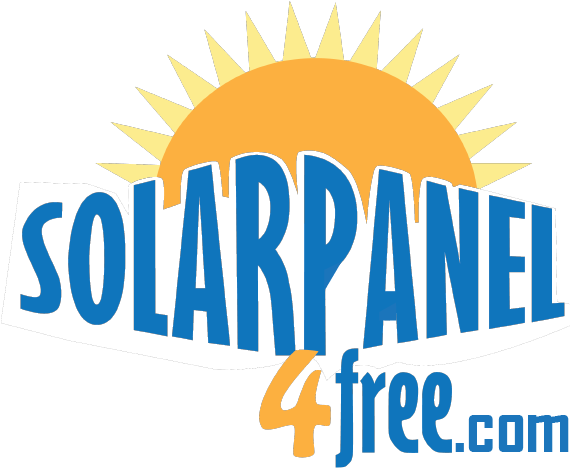PV-powered autonomous sea access for people with disabilities

Greek startup Tobea has developed a PV-powered platform for people with disabilities. The system consists of a fixed-track mechanism in which a moving chair can be shifted in and out of the water. It can be powered by conventional modules and relies on a battery supplied by a Greek manufacturer.

Greek startup Tobea Ltd., a spinoff of the University of Patras, has developed a solar-powered system that provides autonomous sea access for people with disabilities. It can be installed during the early summer period and can be uninstalled at the end of the season.
The so-called Seatrac system consists of a fixed-track mechanism in which a moving chair can be shifted in and out of the water. It is connected to two heavy-duty cables – one on each side. A single solar panel is used to charge a battery that provides all the electricity needed to operate the platform.
The system’s drive train does not use any tension mechanism for the cables and a friction clutch is used to ensure smooth operation.
“This approach makes Seatrac a completely standalone apparatus that does not depend on the grid for its operation and eliminates electricity-related hazards,” Tobea CEO Ignatios Fotiou told pv magazine, noting that the PV panel is a safe solution due to its low voltage. It also accounts for just 5% of the platform’s costs.
“The PV unit is not just for the energy supply as it also offers shade to the person sitting on the chair,” Fotiou added.
Any conventional solar module measuring 1 m x 1.6 m can be used. The electricity is injected into a valve regulated lead–acid (VRLA) battery manufactured by Greek battery specialist Sunlight. It works via a solar charge controller provided by Victron Energy. After it is uninstalled, the system can be stored in a space of just 3 square meters, ready to be reinstalled the following summer season.
Tobea says the platform can be controlled by a radio frequency remote control, with no special training required for the system operator.
“We use computer vision with artificial intelligence in order to provide to people with disabilities live images from the beach,” Fotiou said. “For people with impairments, it is essential to know sea conditions in advance, as they cannot always handle wavy sea.”
The platform can be used by disabled people without the need for assistance, and people with lower limb impairments can use it autonomously.
“What is really encouraging is that it is used as an assistive device, even for people with severe disabilities use as the caregivers are helped by Seatrac to move them in and out of water,” Fotiou said.
The company has already deployed its solutions across several Greek beaches and now plans to expand into Italy and Cyprus.
From: https://www.pv-magazine.com/2021/09/23/pv-powered-autonomous-sea-access-for-people-with-disabilities/

